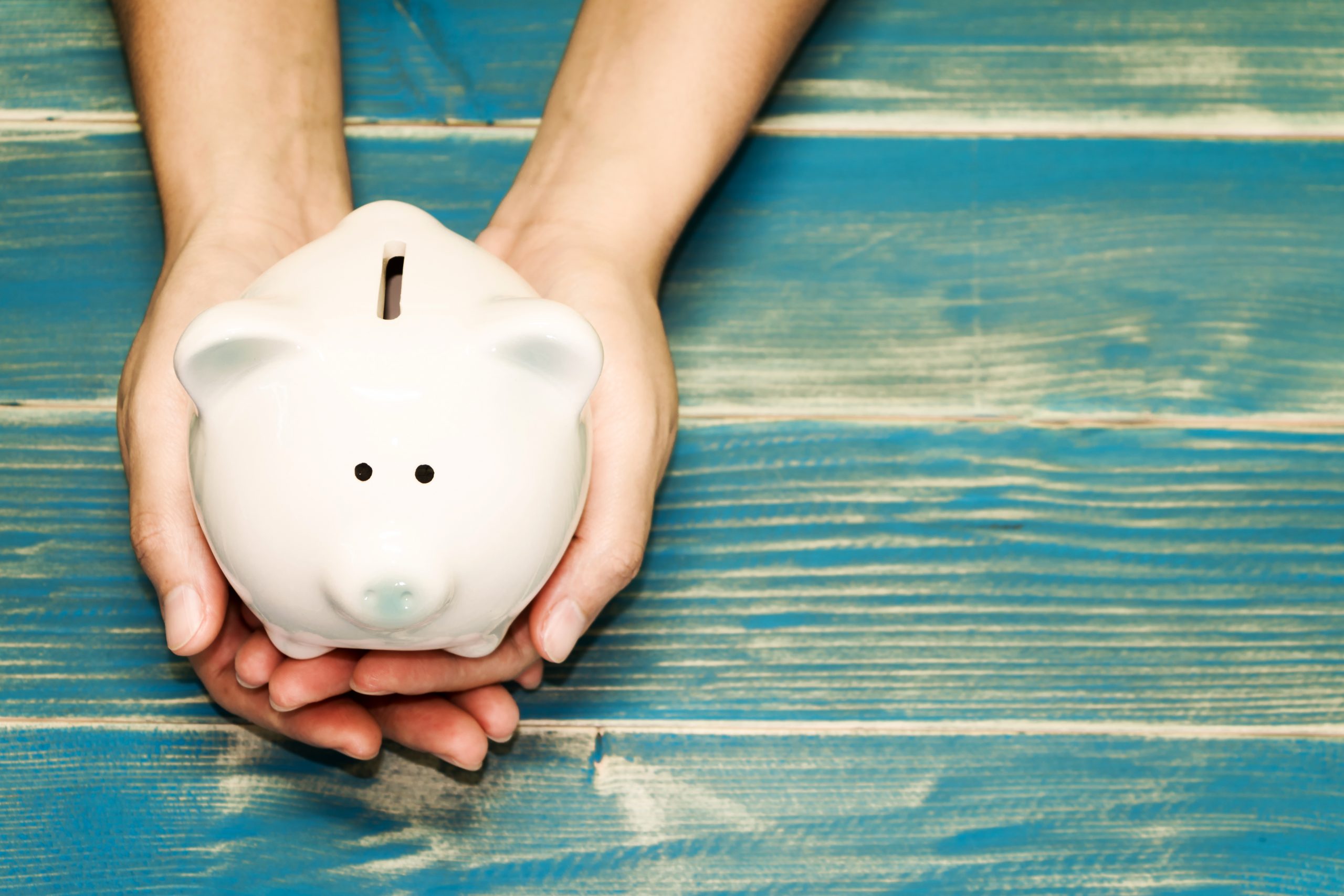News
Why you need to save more in your emergency fund

Rising inflation and surging energy costs mean Brits should re-think their emergency savings.
Inflation hit 5.4% in December, a near 30-year high, with the essentials seeing some of the steepest rises. Electricity prices have gone up 18.8% in a year, gas 28.8%, and petrol 27.8%. Meanwhile food is up 4.5% in a year.
The Hargreaves Lansdown Savings and Resilience Barometer – produced in partnership with Oxford Economics – shows that essentials make up a far higher proportion of spending for those on lower incomes.
For the fifth of people on the lowest incomes, essentials make up 84% of spending, but just 57% for those on the highest incomes.
The barometer also shows that on average we spend £20,859 on essentials each year – with the lowest fifth of earners spending an average of £6,937 on the basics, and the highest fifth spending £35,764.
Sarah Coles, senior personal finance analyst at Hargreaves Lansdown, said: “With inflation running at a 30-year high, our incomes are stretched tighter than ever, and to make matters worse, the cost of some of the essentials is rising even faster. It not only makes it incredibly difficult to cut our costs and make ends meet, it also means we need to rethink our emergency savings.”
Rapid rises in essentials should ring alarm bells, because while we can cut back on the little luxuries in life to make ends meet, there’s far less we can do about the cost of items we can’t live without. It means more people risk borrowing to cover these costs, and running up expensive debts on top of everything else.
Unfortunately, things are highly likely to get worse before they get better. Over the next few months, inflation is expected to rise to at least 6% overall.
At the same time, we have looming tax hikes to contend with, including the National Insurance rise in April. It means we’re not just stretching the same money further; we’re having to work miracles with a smaller pay packet.
And while those on higher incomes built their financial resilience during the pandemic, the Hargreaves Lansdown Savings and Resilience showed that those on lower incomes are already facing bigger challenges.
Coles said: “These groups spend a far higher proportion of their income on essentials, so will be hit hardest by these hikes. The barometer shows that essentials dominate the spending of those on the lowest incomes, and even for the average earner, they absorb 65% of spending. These price rises risk essential costs swamping our budgets. They also raise questions about our emergency funds.”
Experts have long suggested that everyone should build an emergency savings fund equal to three to six months’ worth of expenses while you’re working, and one to three years’ worth in retirement. So, with these expenses on the rise, we need to boost our savings too.
How worried we need to be depends on our circumstances, ranging from how secure our income is to how good our health is and who else relies on us to keep a roof over their heads. There’s also a difference in what different people consider essential.
According to Hargreaves Lansdown, for the average person in the UK, three months’ worth of essentials costs £5,215, six months’ worth is £10,430, a year’s worth is £20,859 and three years’ worth is £62,577.
Of course, the average covers an enormous range, so the only way to work out what it means for you is to actually calculate what you spend on the things you couldn’t live without.
Coles says that at times of rising inflation, we need to keep going back to our figures. If, for example, your emergency fund is £5,215 and the cost of your essentials rose 5.4%, then you’re likely to need to boost your savings by another £282. And if your fund was £20,859, you’d need to work on finding another £1,126.
She said: “Of course, with inflation stretching your budget, it’s an even bigger challenge to find the extra cash to put away for emergencies. For some people it will simply feel like a step too far, especially if they have already shopped around for the best possible deals, cut out the luxuries they weren’t getting enough value from, and cut back on those luxuries they really appreciate. However, it’s always worth going back to the budget to see if it can be squeezed even harder, and whether there are any lifestyle changes you can make in the short term, to protect yourself in the long run.”